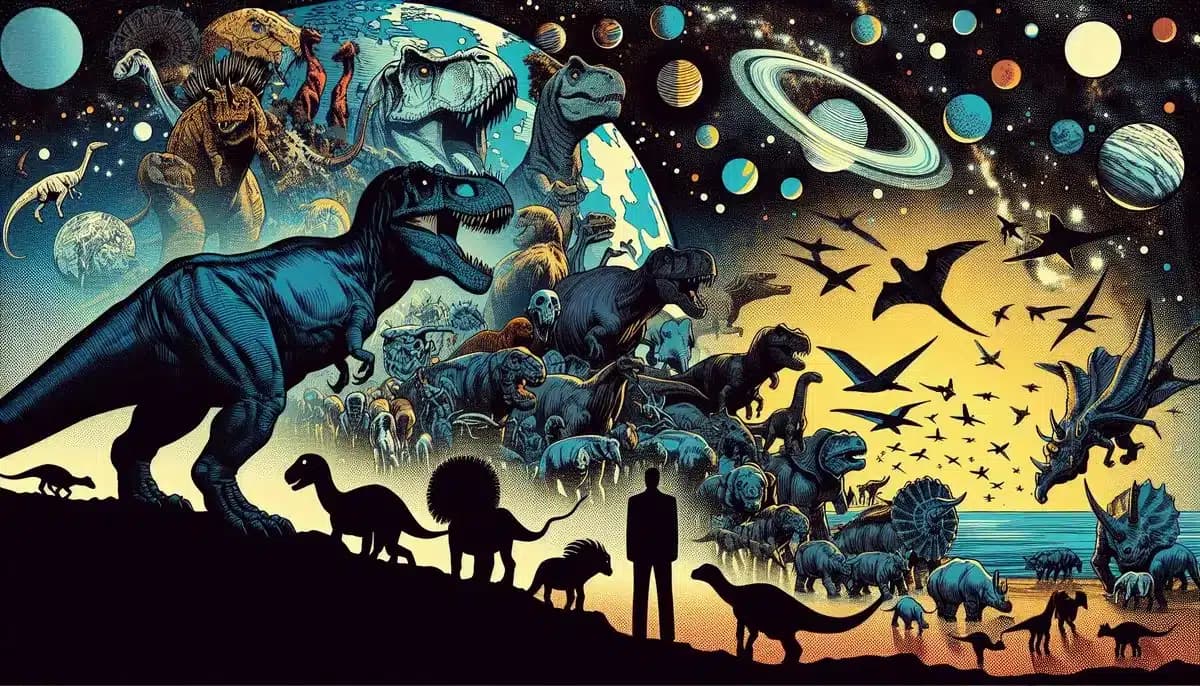
The Sixth Extinction: Are Humans the Next to Disappear?
The article ‘The Sixth Extinction: Are Humans the Next to Disappear?' explores the pressing issue of the ongoing sixth mass extinction event, which is unique in Earth's history due to its primary cause: human activities. As we delve into the causes and consequences of this biodiversity crisis, we also examine the potential of technology, conservation […]